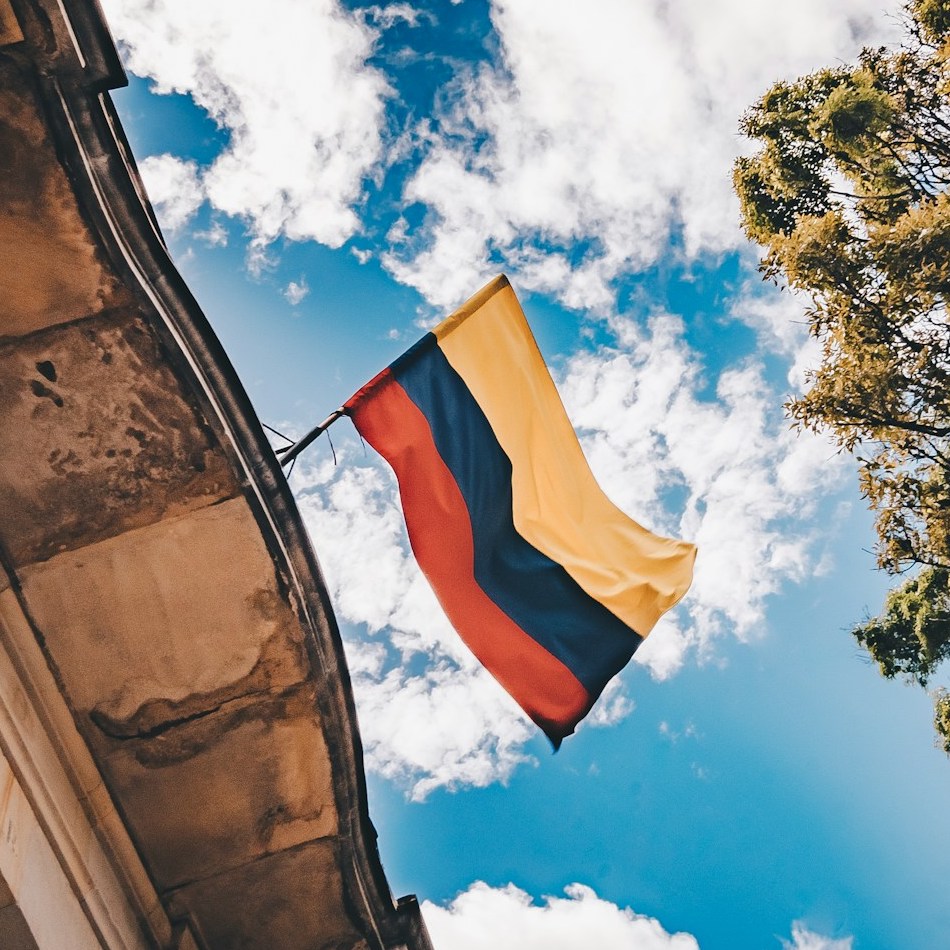Published:
United States President Donald Trump has introduced a 25% tariff on imports from Colombia. This follows Colombian President Gustavo Petro’s decision to reject two Colombia-bound U.S. military aircrafts carrying migrants.
The dual actions are expected to spark ripple effects in international supply chains, impacting business and economies across the globe.
While not one of the U.S.’s largest trading partners, Colombia exports goods such as petroleum, coffee, textiles, flowers, and precious metals to the American market. With a new tariff in place— which Trump said would be raised to “50% in a week”—, Colombian exports face higher costs that could render their goods less competitive.
Steep tariffs could impact billions of dollars of economic activity. According to the Office of the U.S. Trade Representative, total bilateral trade between the U.S. and Colombia reached $53.5 billion annually as of 2022, with the U.S. having a trade surplus of $3.9 billion.
After petroleum, coffee is the largest export from Colombia at $1.8 billion, and the country accounts for 20% of coffee shipped to the U.S.. Tariffs on coffee could place further strain on Americans who have already experienced a 3.8% price increase in 2024. Companies like Starbucks, who are significant purchasers of Colombian coffee and rely on these imports for staple products such as the “Single-Origin Colombia Ground Coffee,” may experience higher procurement costs that translate into steeper prices for consumers.
Similarly, major retailers like Costco, which stocks fresh-cut flowers sourced from Colombia, could face supply chain delays and increased expenses, particularly ahead of high-demand seasons like Valentine’s Day and Mother’s Day.
The cascading effects of the tariff may also alter consumer behavior in the U.S., where price sensitivity in markets like coffee, coal, and flowers could lead to decreased demand or shifts towards alternative domestic or international suppliers. Such changes could disrupt established trade networks and force companies to reevaluate long-term supply chain strategies.
Trump’s social media post responding to Petro’s announcement of aircraft rejection also mentioned a travel ban for Colombian citizens and a revocation of visas for Colombian officials in the U.S., along with “all allies and supporters.” If put into effect, this could lead to a decrease in the number of Colombian tourists visiting the U.S., subsequently lowering revenue for hotels, restaurants, and other businesses that rely on tourism.
Experts predict the tariff could influence other economies beyond Colombia, including neighboring countries like Ecuador and Brazil. These countries, which compete in sectors like agriculture and mining, could secure an edge if U.S. buyers consider alternative suppliers. However, countries like Mexico could be negatively impacted; already, the Mexican peso has depreciated in international trade after Trump’s announcement. The currency was down 1% from its reference price on Friday, Jan. 24.
On the other hand, tariffs could present opportunities for domestic producers in the U.S. who compete with Colombian imports. Coffee growers in Hawaii and flower farmers in California and Florida, for instance, may find an expanded market as buyers shift to domestic options to avoid higher import costs.
The broader implications for international trade could extend far beyond just Colombia and the U.S., emphasizing the delicate balance of global supply chains and international economic relationships.
File under






